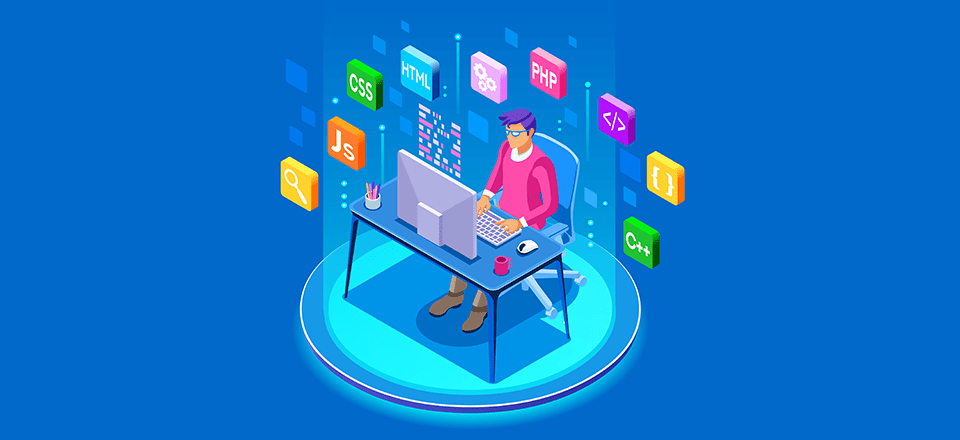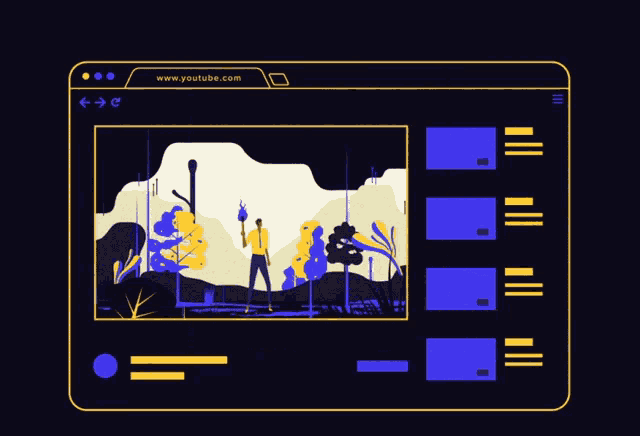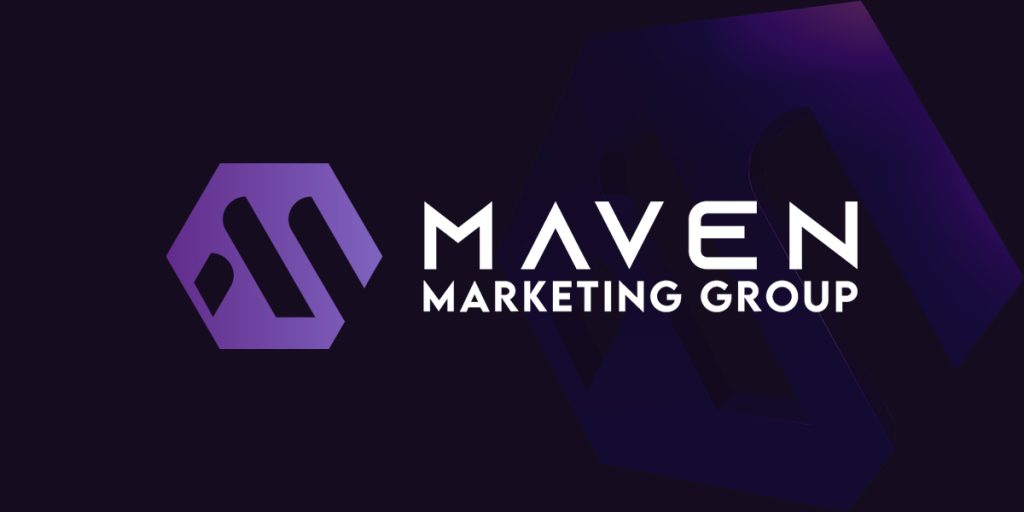
Once you have shortlisted a few web developers based on their skills, experience, and rates, it’s time to dive deeper into their previous work.
This step is crucial in finding the right web developer who can meet your project requirements effectively.
Here are some key points to consider when assessing previous work and making the final decision:
Reviewing Samples of Previous Work
Carefully examine the samples of previous work provided by each candidate.
Look for websites or projects that align with your vision and objectives.
Pay close attention to the design, functionality, user experience, and overall quality of their work.
This will give you an idea of their expertise and whether they can deliver what you’re looking for.
Seeking Feedback from Other Stakeholders
It’s important to involve other stakeholders in the hiring process before making a final decision.
Seek feedback from team members or clients who will be working closely with the web developer.
Their input can provide valuable insights into a candidate’s communication abilities, teamwork aptitude, and adaptability.
Consider their opinions when evaluating each candidate’s suitability for your project.
Beyond Technical Skills
While technical skills are essential, don’t overlook other factors that contribute to a successful collaboration.
Evaluate how well candidates communicate and understand your project requirements.
A web developer who can effectively communicate ideas, ask questions when needed, and provide regular updates will ensure a smoother workflow.
Consider a candidate’s ability to work well in a team environment.
Collaboration is often necessary during web development projects, so finding someone who can easily integrate into your existing team dynamics is crucial.
Alignment with Project Objectives
Assess how well a candidate’s previous projects align with your own project objectives and industry standards.
Look for similarities in terms of website features or functionalities that are relevant to your needs.
For example, if you require an e-commerce website with specific payment gateways, check if the developer has experience in building similar platforms.
This will give you confidence that they understand the intricacies of your project and can deliver accordingly.
Comprehensive Assessment
To make an informed decision, conduct a comprehensive assessment of each candidate’s qualifications and compatibility.
Consider their technical skills, previous work experience, communication abilities, teamwork aptitude, adaptability, and alignment with your project objectives.
Compare the strengths and weaknesses of each candidate to determine who would be the best fit for your project.
Take into account their expertise, creativity, problem-solving skills, and ability to meet deadlines.
Remember that finding a web developer is not just about technical proficiency but also about finding someone who understands your vision and can bring it to life effectively.
By carefully reviewing samples of previous work, seeking feedback from other stakeholders involved in the hiring process, considering factors beyond technical skills such as communication abilities and teamwork aptitude, evaluating alignment with project objectives and industry standards, and making an informed decision based on a comprehensive assessment of each candidate’s qualifications and compatibility, you’ll be well on your way to finding a web developer who can successfully execute your project.














